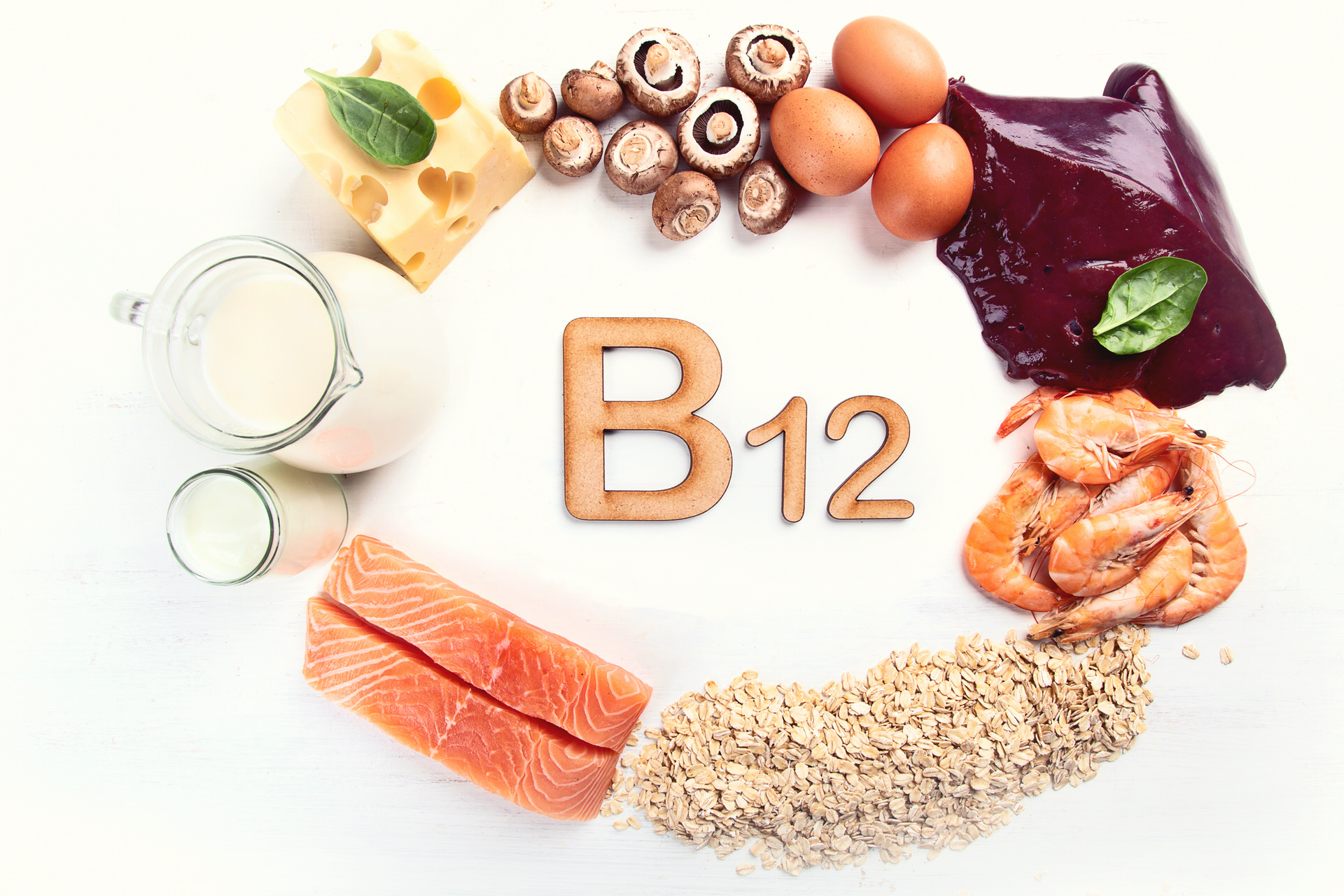Introduction
Vitamin B12, often referred to as cobalamin, is a crucial water-soluble vitamin with a significant impact on overall health and well-being. This comprehensive guide explores the myriad benefits of vitamin B12, elucidating its importance, sources, recommended daily intake, potential health advantages, and the consequences of deficiency. Whether you’re looking to enhance your knowledge of nutrition or seeking ways to optimize your health, this guide will serve as a valuable resource on the benefits of vitamin B12.
The Basics of Vitamin B12
This chapter introduces vitamin B12, providing an overview of its nature as a water-soluble vitamin and discussing its role in maintaining overall health and well-being.
Sources of Vitamin B12
Understanding the sources of vitamin B12 is essential to ensure an adequate intake. This chapter explores the different dietary sources of vitamin B12, including animal-based foods, fortified foods, and supplements.
Recommended Daily Intake
To maximize the benefits of vitamin B12 while avoiding deficiency, it’s crucial to understand the recommended daily intake. This chapter outlines the recommended dietary allowances (RDAs) for vitamin B12 based on age, gender, and life stage.
Energy Metabolism
One of the well-known benefits of vitamin B12 is its role in energy metabolism. This chapter delves into how vitamin B12 supports the conversion of food into energy and helps maintain proper cellular function.
Nervous System Health
The nervous system is a critical part of the human body, and vitamin B12 plays a crucial role in its health. This chapter explores how vitamin B12 is essential for nerve function, helping prevent neurological disorders and maintain mental well-being.
Cardiovascular Health
A healthy heart and circulatory system are essential for overall health. This chapter discusses the potential benefits of vitamin B12 for cardiovascular health, including its role in reducing the risk of heart disease and stroke.
Cognitive Function
Cognitive health is vital, particularly as we age. This chapter explores how vitamin B12 supports cognitive function, helps prevent cognitive decline, and may reduce the risk of neurodegenerative diseases like Alzheimer’s.
Red Blood Cell Production
Vitamin B12 plays a critical role in the production of red blood cells. This chapter discusses how it prevents anemia, maintains healthy blood cells, and supports oxygen transport throughout the body.
Skin and Hair Health
Healthy skin and hair are often associated with overall well-being. This chapter explores the role of vitamin B12 in maintaining skin and hair health, preventing conditions like dermatitis and hair loss.
Consequences of Vitamin B12 Deficiency
Vitamin B12 deficiency can have severe health consequences. This chapter discusses the signs and symptoms of deficiency, as well as the health issues it can lead to, such as anemia, neurological problems, and fatigue.
Groups at Risk of Deficiency
Understanding who is at risk of vitamin B12 deficiency is crucial for prevention. This chapter explores various groups, such as vegans, older adults, and individuals with certain medical conditions, who may be more susceptible to deficiency.
Balancing Vitamin B12 in Your Diet
To ensure an adequate intake of vitamin B12, it’s important to know how to incorporate it into your diet. This chapter offers practical insights into dietary sources of vitamin B12, food preparation, and balancing it with other nutrients.
Conclusion
In the conclusion, we summarize the extensive benefits of vitamin B12, its potential applications, and practical insights for optimizing health and well-being through proper nutrition and vitamin B12 intake.
Vitamin B12 is a fundamental nutrient with a wide range of benefits for health and well-being. This guide provides a comprehensive overview of the significance of vitamin B12, its various health advantages, and practical insights for integrating it into your diet. Understanding the importance of vitamin B12 and how to maintain an adequate intake is essential for those looking to prioritize their health and well-being.
- Turkey Tail Functional Mushrooms: A Comprehensive Guide to Their Health Benefits - October 23, 2023
- Reishi Functional Mushrooms: A Comprehensive Guide to Their Health Benefits - October 23, 2023
- Unveiling Delta-10 THC: Exploring Its Effects, Benefits, and More - October 23, 2023
